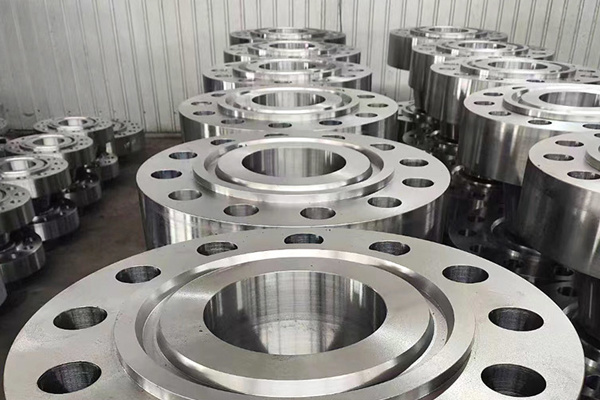Exploring the Versatility of Flanges in Modern Industries
2025-09-20
Flange
Understanding Flanges
Alright, folks, let's dive right into the world of flanges! You might be wondering, what exactly is a flange? Simply put, a flange is a mechanical component that connects two parts, typically pipes, valves, or equipment. This connection is crucial for ensuring a tight seal, preventing leaks, and maintaining pressure in various systems. In industries ranging from oil and gas to food and beverage, flanges play a pivotal role.
Different Types of Flanges
Now, before we get too deep, it's essential to know that not all flanges are created equal. There's a smorgasbord of flange types out there, each tailored for specific applications. For instance:
- Weld Neck Flanges: These bad boys are welded to the piping, offering a strong connection that can handle high pressure.
- Blind Flanges: Need to seal off a pipe? Blind flanges are your go-to! They cover the end of a pipe, preventing the flow of fluids.
- Slip-On Flanges: These flanges slide over the pipe and are welded in place, making installation a breeze.
With such a variety, it's no wonder flanges are the unsung heroes in many industrial applications.
Real-World Applications
Let's move to some real-world scenarios where flanges truly shine!
Oil and Gas Industry
In the oil and gas sector, flanges are everywhere. Picture this: pipelines transporting crude oil across vast distances. Without robust flanges, the risk of leaks would skyrocket, leading to environmental disasters and hefty fines. Flanges ensure that these pipelines function smoothly, keeping operations safe and efficient.
Food and Beverage Sector
Next, let's take a detour into the food and beverage industry. Here, hygiene and safety are paramount. Stainless steel flanges are commonly used because they're easy to clean and resistant to corrosion. Imagine a brewery without flanges—chaotic, right? These components help maintain the integrity of brewing systems, ensuring that every sip is safe and delicious!
Pharmaceutical Industry
Moving on, the pharmaceutical industry also relies heavily on flanges. In drug manufacturing, precision is key. Flanges help connect various pieces of equipment, ensuring that processes are tightly controlled. Any leak or failure could compromise the entire operation. So, you can see how flanges are crucial here!
Challenges in Flange Applications
However, it's not all sunshine and rainbows. Flanges can face several challenges, such as corrosion, misalignment, and the good old wear and tear. For instance, in environments with high temperatures or corrosive substances, flanges must be made from materials that can withstand such conditions. Otherwise, you might find yourself in a pickle!
The Future of Flange Technology
Looking ahead, the future of flange technology seems promising. With the advent of new materials and manufacturing techniques, we're bound to see improvements in durability and performance. Think about smart flanges equipped with sensors to monitor pressure and temperature in real-time. How cool would that be?
Conclusion
So, there you have it! Flanges might not be the flashiest components in the industrial toolkit, but they sure are vital. From oil rigs to breweries, their applications are vast and varied. As technology continues to evolve, so too will the role of flanges in ensuring safety and efficiency across multiple industries. Next time you come across a flange, remember the incredible work it does behind the scenes!
Key words:
RELATED INFORMATION
API 6A TYPE 6BX flanges and blinds in ANSI/API Spec 6A specification
2024-05-22
The Essential Guide to Carbon Steel Plate Flanges in Construction and Decoration
2024-05-22












